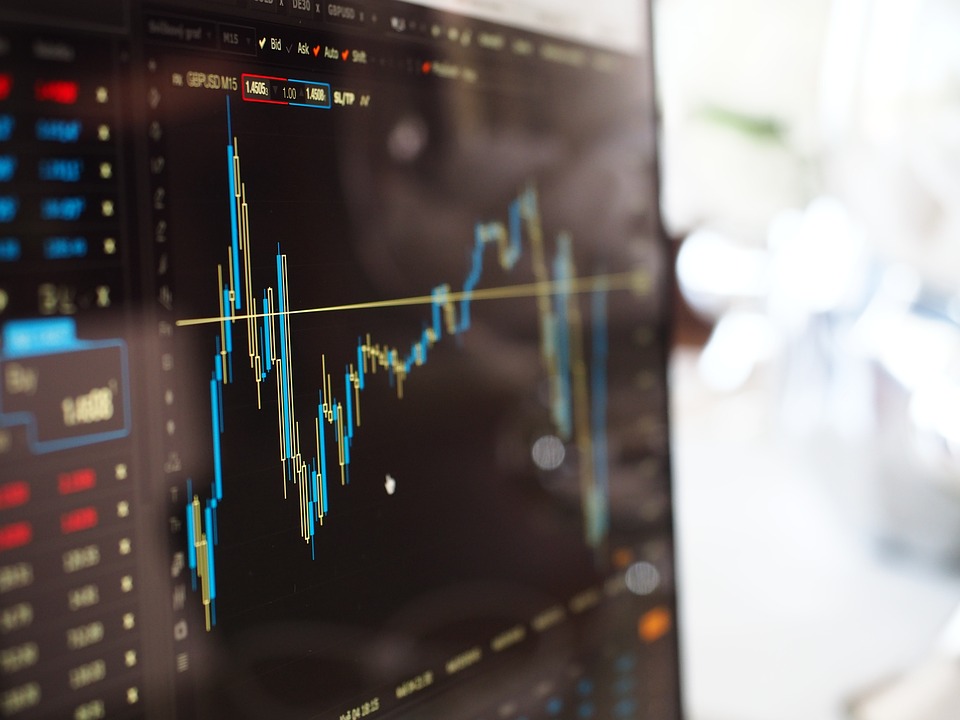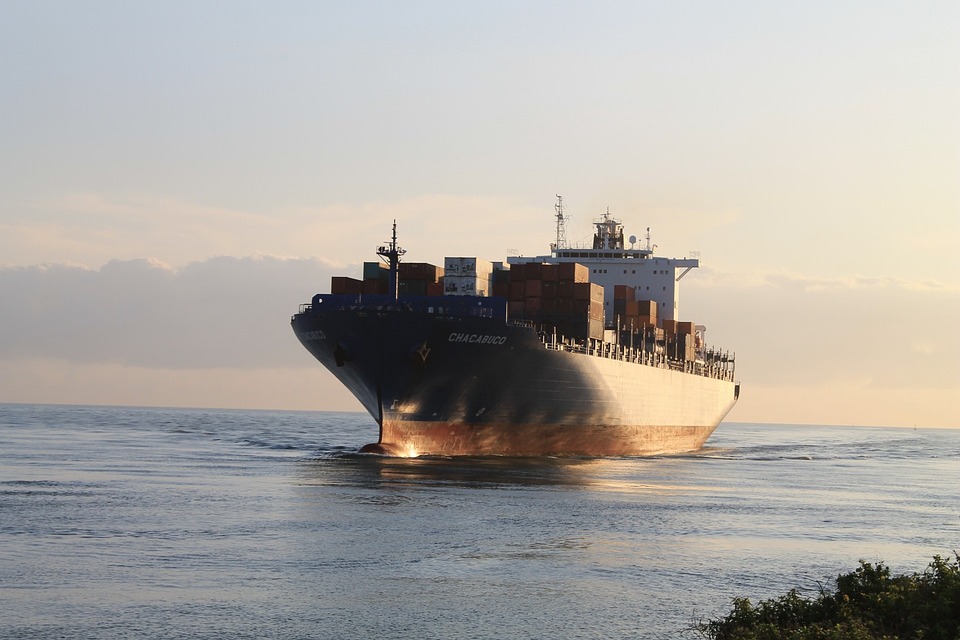Exploring the High Stakes of Global Indices Futures Trading
In the world of financial markets, global indices futures trading stands out as a fast-paced and high-stakes endeavor. The trading of global indices futures revolves around predicting the direction of major stock market indices in different countries. This article will delve into the intricacies of global indices futures trading, its benefits, risks, and provide valuable insights to traders looking to venture into this dynamic market.
What are Global Indices Futures?
Global indices futures are standardized contracts that provide traders with the opportunity to speculate on the future value of major stock market indices from around the world. These contracts are typically based on well-known indices such as the S&P 500, FTSE 100, Nikkei 225, or DAX 30.
Unlike trading individual stocks, where traders buy and sell shares of individual companies, global indices futures allow investors to bet on the overall performance of a specific index. Traders aim to profit from changes in the index’s price levels, irrespective of whether they are buy or sell orders.
How does Global Indices Futures Trading Work?
Global indices futures trading involves a contract between a buyer and a seller to exchange the value of an index at a predetermined future date. That value is determined by the performance of the underlying index.
For example, if a trader believes that the S&P 500 will increase in value over the next month, they can purchase a futures contract. If the index’s price indeed rises during that period, the trader can sell the contract at a higher price, pocketing the difference as profit. On the other hand, if the index decreases in value, the trader could end up with a loss.
It’s important to note that global indices futures trading typically involves leverage, meaning traders can control a larger position with a smaller investment. This leverage amplifies both potential profits and losses, adding to the high-stakes nature of this market.
Benefits of Global Indices Futures Trading
1. Diversification: Global indices futures provide traders with exposure to multiple stocks across different sectors and countries without having to buy individual stocks. This diversification can help reduce risk and increase opportunities for profit.
2. Liquidity: Major global indices futures markets are highly liquid, meaning there are always buyers and sellers available, allowing for easy entry and exit from positions.
3. Access to Global Markets: By trading global indices futures, investors gain access to markets around the world, including those otherwise inaccessible due to geographical constraints.
4. Lower Costs: Trading futures contracts tends to be more cost-effective than buying individual stocks, as traders pay lower commissions and avoid transaction fees associated with multiple stock purchases.
Risks of Global Indices Futures Trading
1. Volatility: The global indices futures market is known for its volatility, driven by economic factors, geopolitical events, and market sentiment. Prices can move rapidly, creating substantial gains or losses within minutes or even seconds.
2. Leverage Risks: While leverage offers the potential for significant profits, it can also expose traders to increased risks. A small adverse price movement can lead to large losses, potentially exceeding the initially invested capital.
3. Timing and Accuracy: Successful global indices futures trading relies on accurate timing and the ability to predict market movements. Traders must stay updated with economic data releases, geopolitical developments, and market sentiment to make informed decisions.
4. Regulatory Risks: As with any trading activity, there are regulatory risks involved. Traders need to understand and comply with the rules and regulations set by the regulatory bodies overseeing the futures markets.
FAQs
Q: How much capital do I need to start trading global indices futures?
A: The capital required to start trading global indices futures varies depending on several factors, including the chosen futures contract, brokerage requirements, and personal risk tolerance. It is recommended to have a sufficient amount of capital to withstand potential losses, as futures trading can be highly volatile.
Q: Can I trade global indices futures on margin?
A: Yes, most brokers offer margin trading on global indices futures, which allows traders to control larger positions with a smaller initial investment. However, trading on margin increases both potential profits and losses, so proper risk management is essential.
Q: When is the best time to trade global indices futures?
A: Global indices futures trading is available during specific trading hours, which vary depending on the contract. The most active trading hours generally coincide with when the underlying stock market is open in the respective country.
Q: How can I stay updated with market news and trends?
A: It is crucial to stay informed about market news and trends when trading global indices futures. Utilize financial news platforms, social media, and economic calendars to stay updated on economic indicators, central bank decisions, and geopolitical events that can impact the markets.
Conclusion
Global indices futures trading offers traders the opportunity to speculate on the future value of major stock market indices across the globe. With its potential for substantial profits, diversification benefits, and access to global markets, this market attracts traders seeking a fast-paced and high-stakes trading environment. However, it is important to bear in mind the risks associated with volatility, leverage, timing accuracy, and regulatory compliance. Diligent research, risk management strategies, and staying informed are key to navigating this dynamic market successfully.




